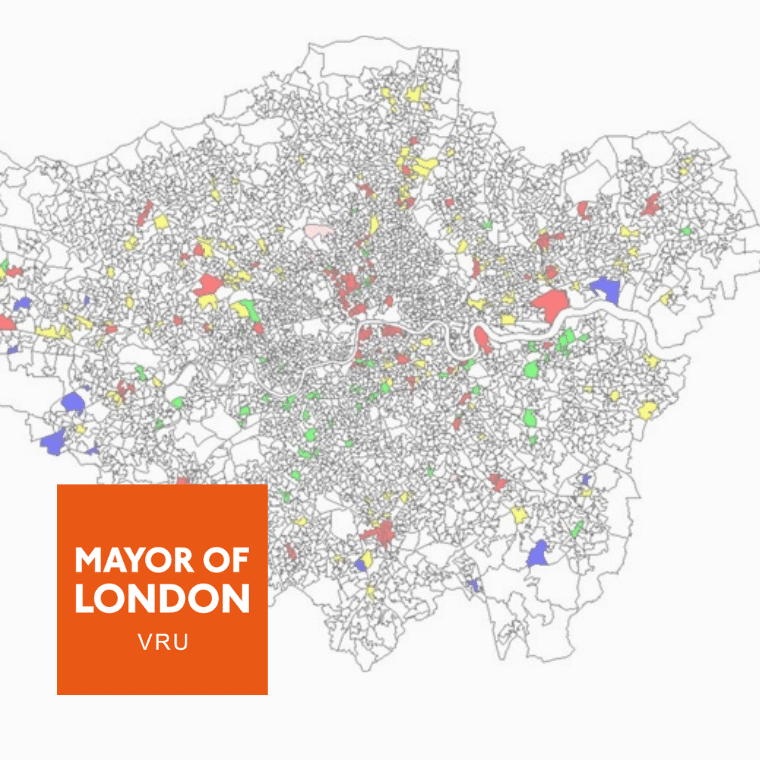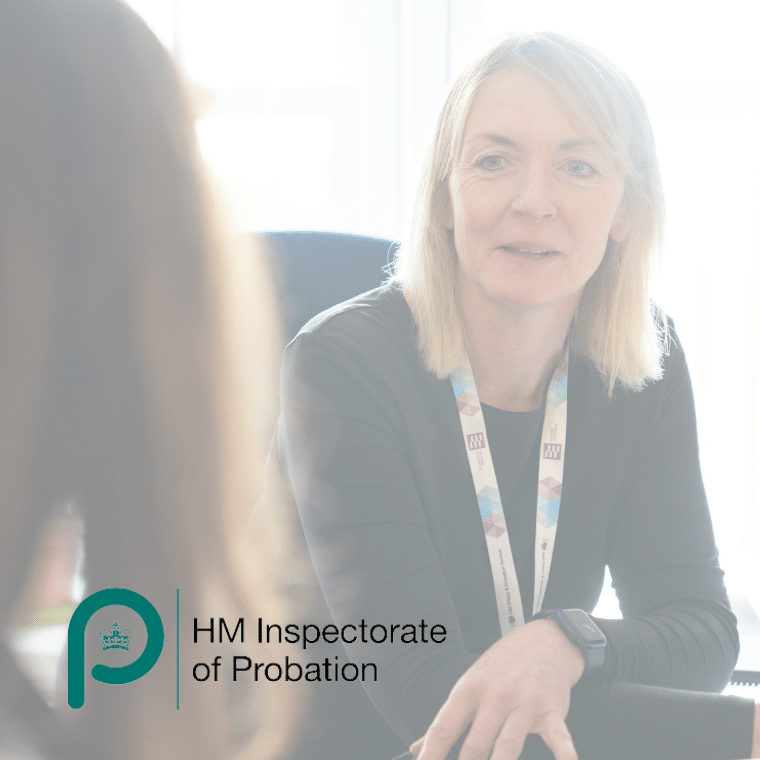Skills for Justice, as experts in the justice sector and having worked with violence reduction units in recent years, devised and delivered an independent evaluation of the West Yorkshire Immediate Justice programme using industry leading qualitative and quantitative methods.
What we do - Case study
Evaluating Anti-Social Behaviour Immediate Justice Approach



Introduction
In March 2023 the Government launched a National Anti-social Behaviour Action Plan that set out their approach to working with local agencies to tackle anti-social behaviour (ASB) across England and Wales. West Yorkshire and the region’s five local authority areas are taking part in a two-year pilot scheme funded by the Home Office to test Immediate Justice approaches.
The West Yorkshire Immediate Justice programme provides a range of tailored interventions for adults and children who have taken part in ASB, with a focus on repairing the damage they have inflicted upon victims and communities. This includes perpetrators completing unpaid work, repairing damage caused by their actions, and the option of restorative justice, where perpetrators take part in awareness and education courses. There are multiple restorative options utilised for adults and children, for individuals and groups, but all share a focus on behaviour change by encouraging the person who has engaged in ASB to recognise the impact of their actions on their communities and reconsider in future.
In West Yorkshire a number of partners collaborate to deliver the different pathways for children and adults. These include the West Yorkshire Combined Authority, West Yorkshire Police, Probation Service for Yorkshire and the Humber (HMPPS), and youth justice services from Bradford, Calderdale, Kirklees, Leeds and Wakefield (which are administrated by local councils).
One year in, the partners wanted to assess the programme to see how well it was delivering on their aims.
Activity and approach
Skills for Justice, as experts in the justice sector and having worked with violence reduction units in recent years, devised and delivered an independent evaluation of the programme using industry leading qualitative and quantitative methods. This included:
- An analysis of documentation, including:
- Project background documentation such as funding applications and agreements, data reporting terms, intended referral pathways for adults and children, as well as:
- Adjacent documentation that demonstrates how the immediate justice project links to the region, such as government policy and legislation, regional police and crime plans, and other strategy documents, e.g. those relating to trauma informed and child first working approaches within West Yorkshire.
- An analysis of the data collected across West Yorkshire since the start of the programme, e.g. referral numbers, demographics, completions, and reporting format.
- Interviews conducted with delivery partners and stakeholders, including police forces, youth justice services, HMPPS teams , council and local authority teams, victim support services, and the Home Office.
- A further survey, which was designed and delivered to a wider range of stakeholders such as victims and community partners, as well as those directly involved in the immediate justice programme.
Insights from the above activities were collated and analysed for final reporting.
Outcomes
The final report pulled together the key findings of the evaluation, made recommendations, and identified areas for future evaluation from two companion reports detailing the quantitative (progress tracking for financial reporting) and qualitative (document analysis, interview data, survey data) methods used as part of the evaluation.
The insights provided will be used to continue to develop this intervention by evidencing which interventions are delivering good service outcomes, how child first and trauma informed approaches are being embedded, and how the programme aligns to strategies that seek to improve and enhance approaches to tacking anti-social behaviour in West Yorkshire.
By doing this, the programme is taking an approach that actively prevents children and young people from entering the criminal justice system and supports a reduction in demand on justice services.
Over 623 Immediate Justice cases were under review across West Yorkshire, with a high percentage of compliance rates in immediate justice activities. Real multiagency and partnership working shone through as a primary enabler of a successful pilot, and this evaluation ratified the need to continue to build and share practice across the sector.
“This is a great evaluation that captures all the hard work that went in to making it happen!”
– Georgia Watkinson, Research and Evaluation Specialist, Violence Reduction Partnership
“The evaluation report is incredibly detailed and easy to access. It’s a very interesting read that will help us on our immediate justice programme.”
– Liam Kennedy, Partnerships Coordinator for Policing and Crime
Lunch and learn session
Catch up on our lunch and learn session about this project.














